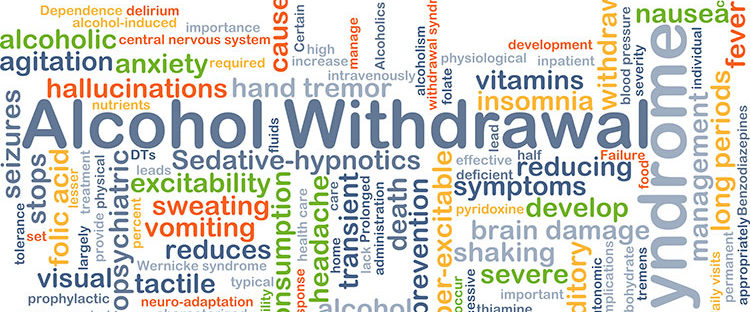Alcohol can have an impact on your health in many different ways. Most people know that drinking excessively can cause damage to the liver and the cardiovascular system. However, there can also be other negative consequences, like damage to the digestive system, which can lead to malnutrition and may even increase the risk of cancer. Alcohol addiction can also cause serious problems for the body’s immune system.
Alcohol Addiction and the Immune System
Over time, alcohol addiction can cause damage to your body’s immune system, which may increase your risk of contracting potentially fatal illnesses, like pneumonia. The microbes living in your intestines (your gut’s microbiome) work to fight off diseases. When someone consumes a lot of alcohol, it is detrimental to their body’s digestive system and makes it harder for the body to absorb many necessary nutrients. This disruption to the body’s digestive system disturbs the gut’s microbiome, which alters the balance of healthy and unhealthy bacteria. Alcohol impacts the way that the body’s gut microbes interact with the immune system.
Alcohol intake also affects the respiratory system. The function of immune cells in the upper respiratory system and the lungs are impaired by excessive drinking. This can lead to an increased risk for acute respiratory distress syndrome, tuberculosis, and pneumonia. In fact, any disease may become more severe when the immunity of the mucus is impaired in both the digestive tract and the lungs.
Another thing to keep in mind is that although regular heavy drinking has serious negative consequences for your immune system, even a single night of binge drinking can also impact your immune system. Consuming several drinks over the course of one night may temporarily impair your immune system. This can be dangerous, particularly if you are binge drinking in crowded areas. Your lowered immune system defense response may have a hard time fighting off any viruses or bacteria you encounter.
If you are in recovery from alcohol addiction, sober living homes can be a great resource. Contact the Tharros House today to learn more about how a sober living home can help you maintain sobriety.







